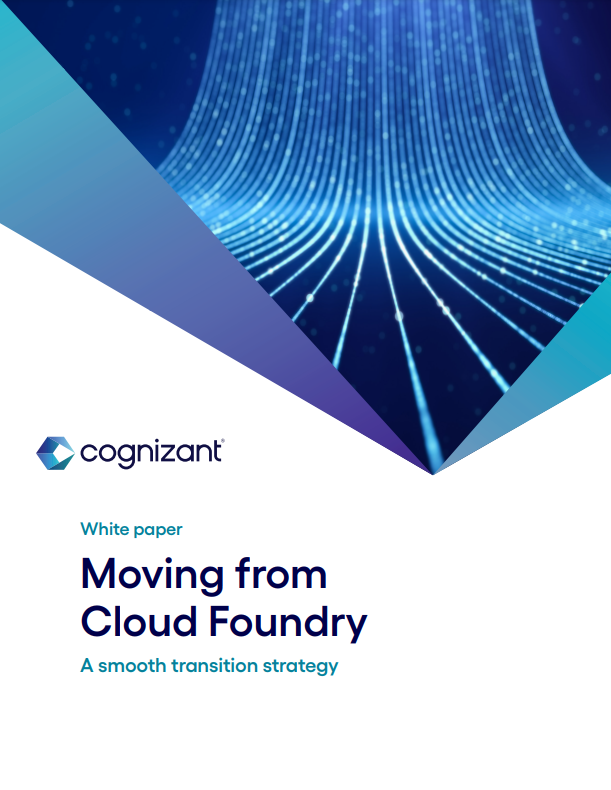Discover industry-specific solutions and expertise.
Solve your toughest A&D challenges with Belcan.
Ignite peak performance and efficiency in your business.
Reimagine your manufacturing competitive advantage.
Accelerate growth with customer-focused solutions.
Our data and AI solutions align with your business outcomes and create impactful results.
Personalize learning experiences with education tech and IT solutions—and make learners feel valued.
Create strategies for product, service and process innovation that deliver new growth.
Meet customer demands for a digital, personalized online insurance experience—while reducing risk.
Digitally transform to empower a more intelligent, agile and high-performing enterprise.
Make business decisions based on real-time contextual data with our digital solutions.
Stay ahead of the competition with the latest tech like IoT, machine learning and blockchain.
Deep industry expertise to propel your business into the future.
Explore Belcan’s flexible, custom-tailored solutions.
Solution to turn isolated AI pilots into production-grade agent networks.
Put AI to work and turn opportunity into value.
Accelerate time to value for industrial edge AI.
Maintain high integrity across the AI lifecycle.
Realize the next frontier of enterprise performance.
Enhance operations, boost efficiency, remove technical debt and modernize apps for the future.
Operate with insight and speed—using AI-powered processes that supercharge performance.
Boost operational efficiency, optimize costs and speed product development.
Reimagine the customer experience, attract and retain top talent, and win in the digital economy.
Sense change, optimize operations and mitigate risk with data-driven insights at quantum speed.
Enable a more secure and value-centered business with proven next-gen solutions.
AI insights to inspire enterprise transformation.
Understand and anticipate the needs of AI-empowered customers.
Invest in people to unlock the power of AI.
Bridge the gap between strong AI leadership and business readiness.
Explore the future of business with our Gen AI insights.
Explore the top focus areas that are important to Cognizant and our clients.
Dive into our forward-thinking research and uncover new tech and industry trends.
Check out our other insights and research—and the experts behind them.
Explore how our expertise can help you sense opportunities sooner and outpace change.
Discover industry-specific solutions and expertise.
Solve your toughest A&D challenges with Belcan.
Ignite peak performance and efficiency in your business.
Reimagine your manufacturing competitive advantage.
Accelerate growth with customer-focused solutions.
Our data and AI solutions align with your business outcomes and create impactful results.
Personalize learning experiences with education tech and IT solutions—and make learners feel valued.
Create strategies for product, service and process innovation that deliver new growth.
Meet customer demands for a digital, personalized online insurance experience—while reducing risk.
Digitally transform to empower a more intelligent, agile and high-performing enterprise.
Make business decisions based on real-time contextual data with our digital solutions.
Stay ahead of the competition with the latest tech like IoT, machine learning and blockchain.
Deep industry expertise to propel your business into the future.
Explore Belcan’s flexible, custom-tailored solutions.
Solution to turn isolated AI pilots into production-grade agent networks.
Put AI to work and turn opportunity into value.
Accelerate time to value for industrial edge AI.
Maintain high integrity across the AI lifecycle.
Realize the next frontier of enterprise performance.
Solution to turn isolated AI pilots into production-grade agent networks.
Enhance operations, boost efficiency, remove technical debt and modernize apps for the future.
Operate with insight and speed—using AI-powered processes that supercharge performance.
Turn big visions into practical realities with expertise that takes you further.
Boost operational efficiency, optimize costs and speed product development.
Reimagine the customer experience, attract and retain top talent, and win in the digital economy.
Sense change, optimize operations and mitigate risk with data-driven insights at quantum speed.
Enable a more secure and value-centered business with proven next-gen solutions.
AI insights to inspire enterprise transformation.
Understand and anticipate the needs of AI-empowered customers.
Invest in people to unlock the power of AI.
Bridge the gap between strong AI leadership and business readiness.
Explore the future of business with our Gen AI insights.
Keep up with the trends shaping the future of business—and stay ahead in a fast-changing world.
Explore the top focus areas that are important to Cognizant and our clients.
Dive into our forward-thinking research and uncover new tech and industry trends.
Check out our other insights and research—and the experts behind them.
Explore how our expertise can help you sense opportunities sooner and outpace change.
The Northern European newsletters deliver quarterly industry insights to help your business adapt, evolve, and respond—as if on intuition
Written by Chandrahasan Subbaiyan
12 December, 2024

Share
3 mins
Kubernetes is an open-source system developed by Google, while Cloud Foundry is an open-source, multi-cloud application PaaS originally developed by VMware. Both are used by a diverse range of organizations across various industries. While Cloud Foundry has been popular due to its simplicity and opinionated workflow, it has limitations that can be addressed by moving to a more flexible platform like Kubernetes.
High adoption rate
Kubernetes has rapidly become a cornerstone in container orchestration, with its adoption soaring among enterprises. As of recent reports, over 60 percent of organizations have now adopted Kubernetes, with the Cloud Native Computing Foundation (CNCF) noting a rise in adoption rates to 96 percent. The platform’s market size is projected to grow at a compound annual growth rate (CAGR) of 23.4 percent by 2031, reflecting its critical role in managing and deploying containerized applications across various industries.
Transition requires planning
This growth is driven by Kubernetes’ scalability, flexibility and automation capabilities, making it essential for modern business operations. Kubernetes can run on almost any infrastructure and has a very active community together with a large ecosystem of related projects and managed services, like Google Kubernetes Engine (GKE), Amazon Elastic Kubernetes Service (EKS) and Azure Kubernetes Service (AKS).
All good then? The shift from Cloud Foundry to Kubernetes represents a significant transformation that requires careful planning and execution. The white paper Moving from Cloud Foundry attempts to provide IT specialists, DevOps teams and decision makers with useful guidance, by exploring the strategic factors, obstacles and detailed instructions required for a seamless transition.

